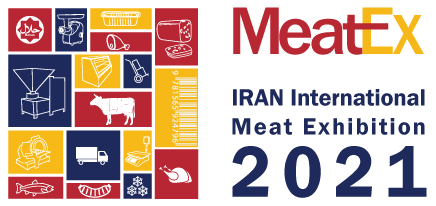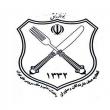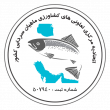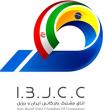Iranian Potential Untapped in Global Halal Market
Halal production is a lucrative business and its growing global demand requires Iran and other Muslim countries to seriously pursue the trading of halal products. It is estimated that in 2025, Muslims will constitute 30% of the world’s population and some 20% of the global food trade will be dedicated to halal food, IRNA reported. Iran, according to experts in the field, has enough potential to play a strong role in this food industry, but since Iran’s halal brand has not yet been internationally registered, the country has not been able to exploit its full potential in the field. Up until now, 34 Iranian companies have succeeded in obtaining the local halal brand and their main export destinations are Iraq, Afghanistan, Tajikistan, Turkmenistan, Russia, the US, Germany, the UAE, Azerbaijan, Pakistan and Turkey.
Derived from the holy Quran, the word ‘halal’ literally means ‘lawful’ and refers to any object or action that is permissible to use, consume or engage in, based on the Islamic law. Under the definition proposed by the Food and Agriculture Organization and World Health Organization in 1997, halal food incorporates not only production and processing procedures, but also the man-power, transport, storage and equipment used in different stages. To achieve a bigger share of the market, Iran needs to identify its rivals and gain systematic knowledge of the current as well as future conditions of the market. The global halal food trade amounts to $2 trillion per annum while Iran’s share stands at a meager $5-6 million annually, according to Abdolhossein Fakhari, secretary-general of Global Halal Institute. “The figure indicates that the country has not been able to obtain a fair share of the world trade of halal products, despite the fact that a majority of Iranians are Muslims and 100% of the country’s food consumption and products are halal,” he said. Mohammad Lahouti, vice president of the Confederation of Iranian Exports, a subsidiary of Iran Chamber of Commerce, Industries, Mines and Agriculture, said granting export incentives to businesspeople active in the area, holding international exhibitions and conferences, and carrying out extensive advertising are among measures that can be taken to expand Iranian presence in the international markets.
Reza Bafandeh, an expert in halal food industry, believes entering the global market in the field requires the creation of brands and proper marketing. “The halal brand is a guarantee that the product is healthy and safe. Considering the fact that all Iranian products abide by the precept, there is great capacity for the country to turn into a major exporter of these products,” he said.
Iran’s halal roadmap recently ratified by the Iranian government, which defines the prospects the country can look forward to, the policies that need to be followed and measures that must be taken for the country to obtain an agreeable stance in the international market.






















